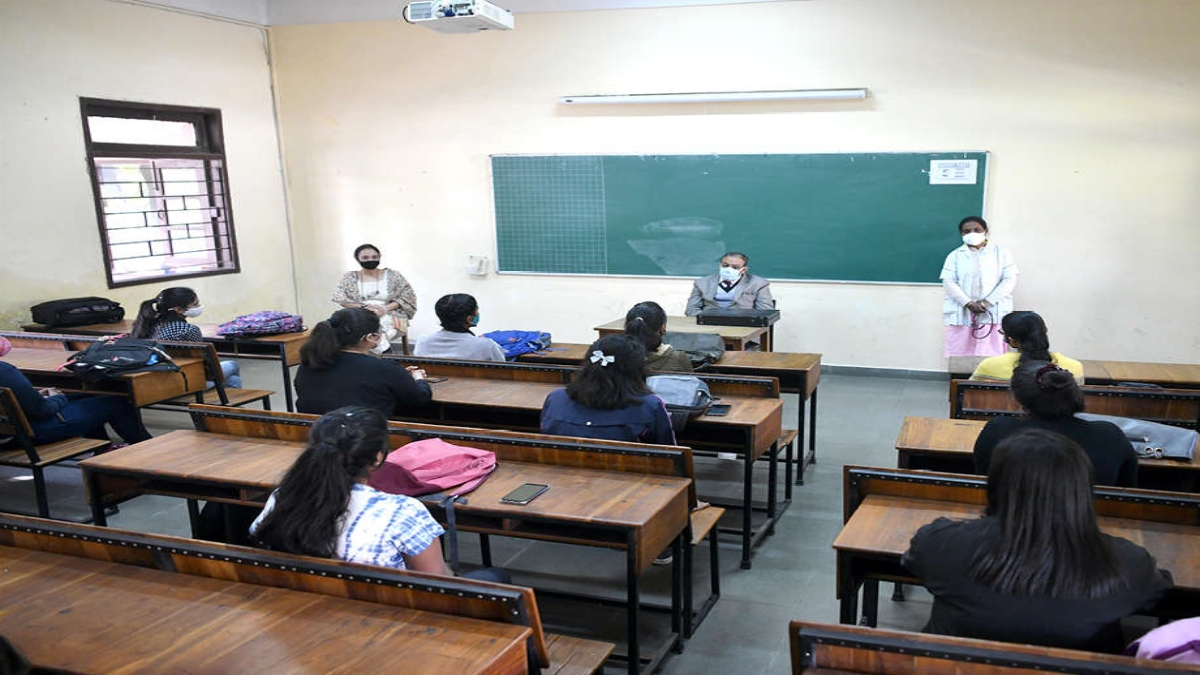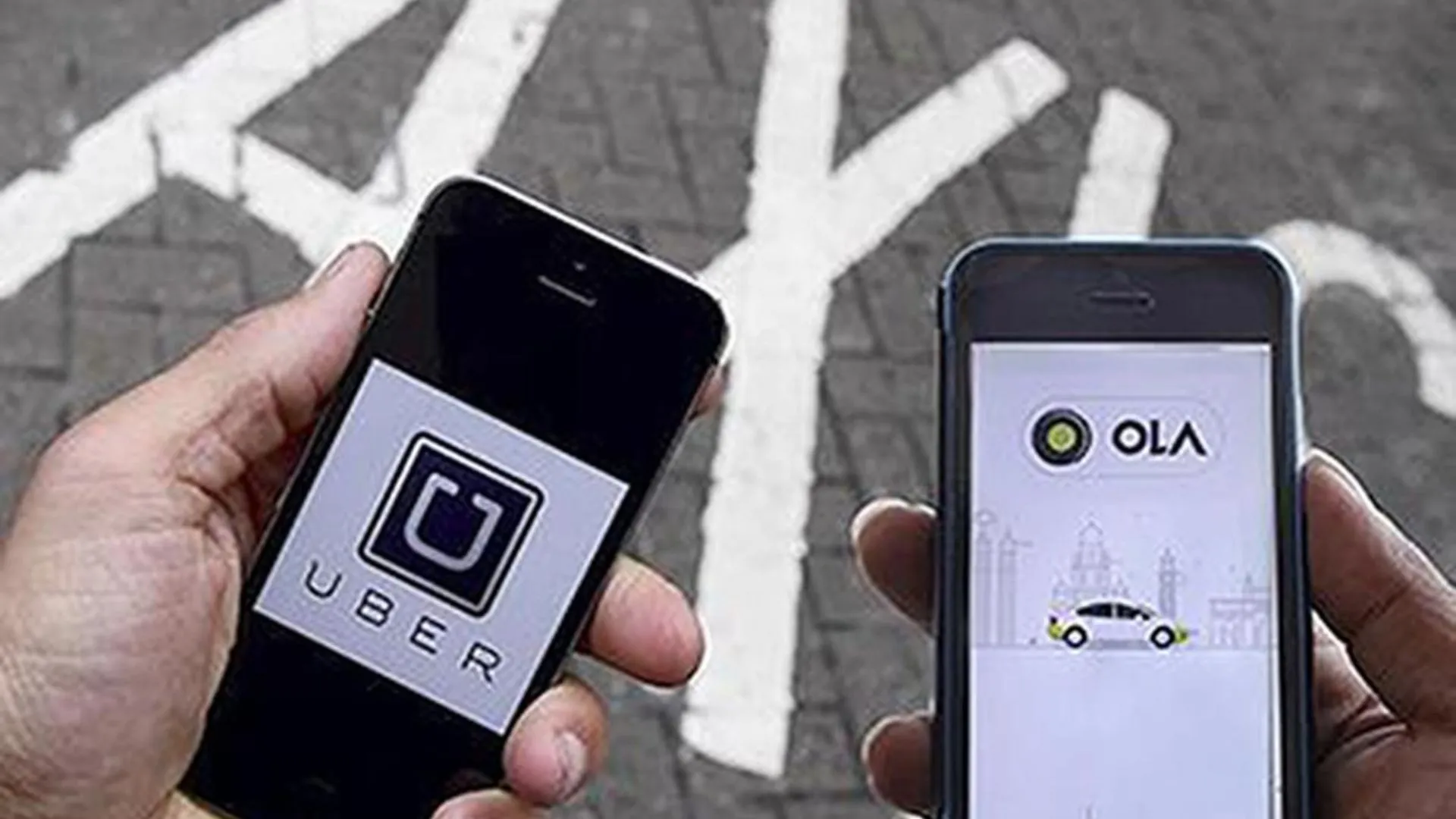The education sector has been allocated Rs 1,04,278 crore in Budget FY23, an increase of 11.86 percent over the estimated gross allocation of Rs 93,223 crore for 2021-22. On the higher education front, the creation of a digital university is a welcome move, as it would provide students across the country with world-class quality universal education and a customised learning experience right at their doorstep. This will be made available in a variety of Indian languages and formats for information and communication technology (ICT). The institution will be built on a hub-and-spoke network, with the hub developing cutting-edge ICT knowledge. As a network of hub-spokes, the country’s leading public universities and institutes will collaborate. It’s a step in the right direction. The ‘Skill-Tech Varsity,’ according to KPMG, is a model for a similar digital university for skill development. It’s encouraging to see the Budget places a strong emphasis on harnessing digital technologies.
The budget 2022 responded to the problems of the digital divide and unskilled youth with the announcement of the launch of Digital DESH and Digital University initiatives.
However, the need for the allocation of dedicated funds at the HE level for joint partnerships between Indian public institutions and leading higher education institutions across the globe, seemed unacknowledged.
India’s National Education Policy (NEP) 2020 opens the movement of both students and teachers across the world, but the transfer of degrees still hangs in fire. HEIs expect the government to recognise this fact and urge regulators to make the required changes to their regulatory frameworks to accommodate a mix of both offline and online learning and recognise qualifications accordingly. However, the dearth of announcements on higher education and research funding, as well as the Higher Education Commission of India Bill, suggested that some of the NEP’s most significant parts were overlooked in the Budget considerations.
The Digital Ecosystem for Skilling and Livelihood (the DESH-Stack e-portal) will be launched in the field of skilling and vocational education, with the goal of empowering citizens to skill, reskill, or upskill through online training. It will also offer API-based trustworthy skill certifications, payment, and discovery layers to help people locate appropriate employment and start businesses. In 2022-23, 750 virtual laboratories in science and mathematics, as well as 75 skilling e-labs for simulated learning environments, will be built to improve critical thinking abilities, leading towards a space for creativity.
Academic Bank of Credit, launched in July 2021, would digitally store the academic credits earned from various recognized Higher Educational Institutions (HEI) such that credits so earned can be accounted for the award of degree by any given HEI. However, clarity on amendments in regulations by the University Grants Commission (UGC) to facilitate multiple entry/exit in academic programmes at HEIs and offering of offshore courses by Institutions of Eminence (IOE) with recognition of global qualifications under a joint partnership, is yet to be sought.
It is critical to note that education will play a critical role in assisting the government in achieving its objective of making India a USD 5 trillion economy by 2025. And effectively digitising the entire education system from school to research level, will only help in creating a future talent pool. As the target date is not far, dedicated investment in the HE sector towards integrated learning as per industry requirements is paramount.
Overall, the Union Government’s financial recommendations to encourage skill-based learning powered by digitalization must be appreciated. Thousands of skill centres and special training centres have been established to provide a wide range of training possibilities, ranging from short-term skilling programmes to upskilling, reskilling, apprenticeships, and lifelong learning. The budget ensured that the government’s emphasis on skill training would continue to make youngsters employable, contributing to the country’s economic growth and health.
In a nutshell, commendable measures included a strong push for blended learning in schools across length and breadth of the country, skill development powered by digitisation, and hybrid nature of higher education.
The author is Principal Advisor (South Asia), Augustana University South Dakota, US









